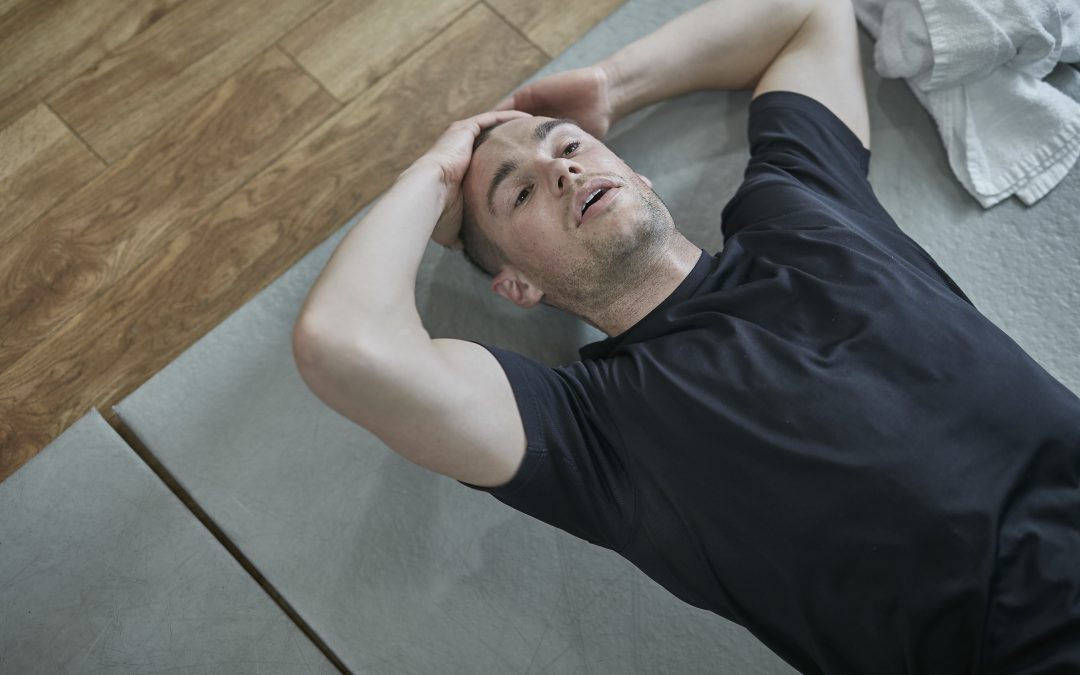Balancing exercise and rest for optimal results
When it comes to achieving fitness goals, many people focus solely on the exercise component of their routine, often neglecting the importance of recovery. However, rest and recovery are essential aspects of any fitness program, as they allow the body to repair, rebuild, and adapt to the stress of exercise.
Physical Repair and Regeneration
During exercise, the body undergoes stress and strain on its muscles, tendons, ligaments, and joints. Recovery periods allow these structures to repair and regenerate, leading to stronger, more resilient tissues over time. Adequate rest between workouts is essential for preventing overuse injuries which can occur when the body is not given enough time to recover from intense or repetitive activity.
Muscle Growth and Adaptation
Muscle growth, or hypertrophy, occurs during periods of rest and recovery following strength training workouts. Resistance exercise creates microscopic tears in muscle fibres, which stimulate the body to repair and rebuild them to withstand future demands. Rest days allow muscles to recover and grow stronger, leading to improvements in strength, power, and muscle mass over time.
Hormonal Balance
Exercise and recovery influence the body’s hormonal balance, including the production of cortisol, the stress hormone, and growth hormone, which promotes tissue repair and growth. Intense or prolonged exercise can elevate cortisol levels, leading to catabolic effects such as muscle breakdown and impaired immune function. Adequate rest and recovery help restore hormonal balance, supporting muscle recovery, immune function, and overall health.
Mental and Emotional Restoration
In addition to physical benefits, recovery plays a crucial role in mental and emotional wellbeing. Exercise can be physically and mentally demanding, leading to feelings of fatigue, stress, and burnout if not balanced with adequate rest. Recovery periods provide an opportunity to recharge mentally and emotionally, reduce stress levels, and improve mood and motivation, leading to a more positive and sustainable approach to fitness.
Injury Prevention
Overtraining, or the accumulation of excessive training stress without adequate recovery, increases the risk of injury and overuse conditions. Without proper rest, the body becomes more susceptible to muscular imbalances, joint instability, and repetitive strain injuries, which can halt progress and impede long-term fitness goals.
Performance Enhancement
Rest and recovery are essential for optimising performance in sports and fitness activities. Adequate rest allows the body to fully recover from previous workouts, replenish energy stores, and restore muscle glycogen levels, ensuring peak performance during subsequent training sessions.
Can You Train Throughout Recovery?
While rest and recovery are essential components of any fitness program, it’s important to note that recovery does not necessarily mean complete inactivity. Active recovery, or low-intensity exercise performed during rest periods, can help promote blood flow, reduce muscle soreness, and enhance recovery without interfering with the body’s ability to repair and adapt to training stimuli.
Active recovery activities may include:
- Light cardio such as walking, cycling, or swimming.
- Yoga or gentle stretching.
- Foam rolling or self-myofascial release.
- Mobility drills or dynamic stretching.
- Low-intensity resistance training with light weights or resistance bands.
Incorporating active recovery into your routine can help accelerate the recovery process, improve circulation, and reduce stiffness and soreness without overtaxing the body’s recovery systems. However, it’s essential to listen to your body and adjust your training intensity and volume based on how you feel.
Take time for recovery to allow for the ultimate benefits of fitness on your overall health and wellbeing
Incorporating rest and recovery into your fitness routine is essential for achieving optimal results, preventing injury, and maintaining long-term health and wellbeing. By finding the right balance between training and rest, you can support physical repair and regeneration, promote muscle growth and adaptation, restore hormonal balance, enhance mental and emotional well-being, and optimise performance in your fitness pursuits.
Listen to your body, prioritise recovery, and reap the benefits of a well-rounded approach to fitness.



